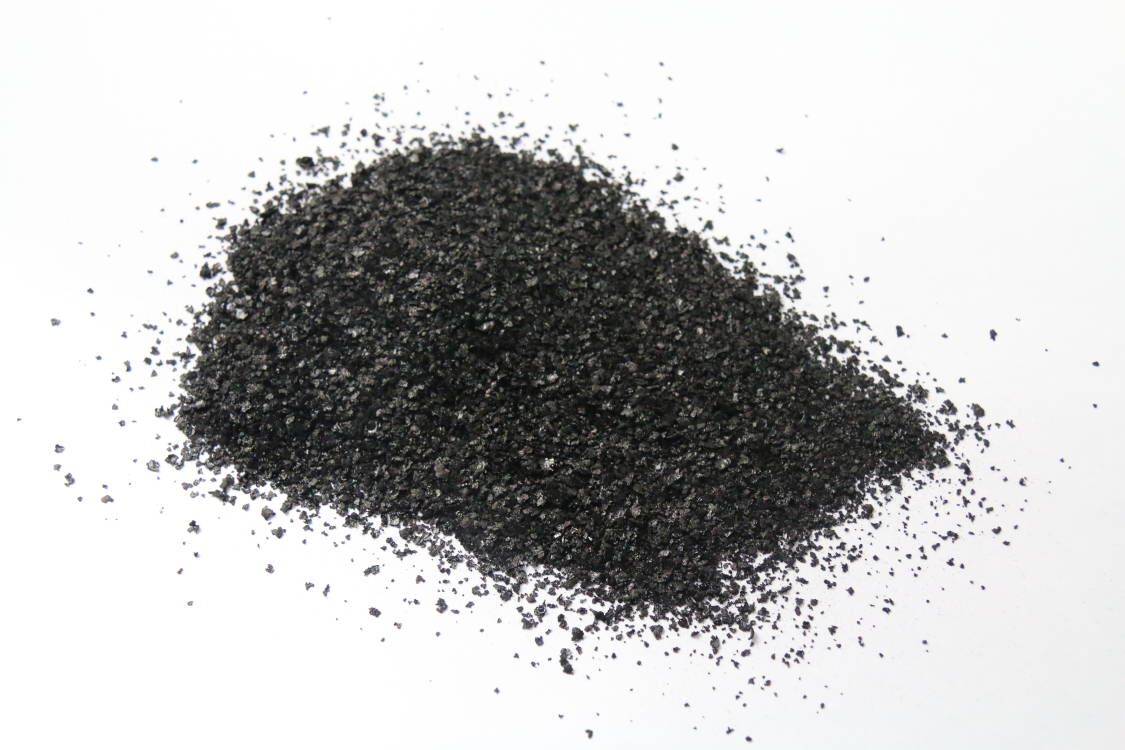Most of the seaweed extracts used in agriculture as biostimulants are extracted from species of brown algae (Phaeophyceae); most notably the species Ascophyllum nodosum (knotted wrack). As Ascophyllum nodosum grows in the intertidal zone of the Northern Hemisphere, it has been proposed that the stressful conditions of repeated exposure to desiccation, ultraviolet light, and temperature fluctuations experienced by the seaweed in this habitat, combined with a slower growth rate, lead to the high concentrations of bioactive compounds present in Ascophyllum.
Marine bioactive substances extracted from marine algae are used in agricultural and horticultural crops, and many beneficial effects, in the terms of enhancement of yield and quality have been reported. Seaweed extracts contains major and minor nutrients, amino acids, vitamins, cytokinins, auxin and abscisic acid like growth promoting substances and have been reported to stimulate the growth and yield of plants , develop tolerance to environment stress, increase nutrient uptake from soil and enhance antioxidant properties.
There are a number of other modes of action for algal polysaccharides based on their specific biochemical properties:
Alginates (alginic acid)
Alginates are the polysaccharide that give brown seaweeds their gelatinous nature. They are present in very high levels in all brown seaweed. In agriculture, the gel-forming property of alginates allows for the formation of microcolloids over the surface of plants, that are thought to act as a protective film. Alginates will also act as a feed and nutrient source for beneficial microbes.
Mannitol
The sugar alcohol mannitol is found in high concentrations in brown seaweeds.
Iodine
It is well known that seaweed is a good source of iodine, in the form of iodide.
Vitamin B12 (cobalamin)
Vitamin B12 is well known for its importance in human health. However, for plants it can also prove useful.
The beneficial effect of seaweed extract application is as a result of many components that may work synergistically at different concentrations, although the mode of action still remains unknown . In recent years, use of seaweed extracts have gained in popularity due to their potential use in organic and sustainable agriculture , especially in rainfed crops, as a means to avoid excessive fertilizer applications and to improve mineral absorption. Unlike, chemical fertilizers, extracts derived from seaweeds are biodegradable, non-toxic, non-polluting and non-hazardous to humans, animals and birds .
Post time: Jan-18-2022






